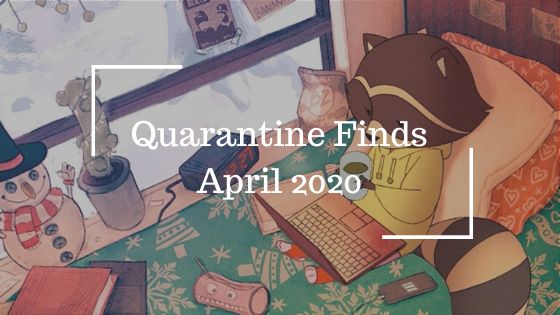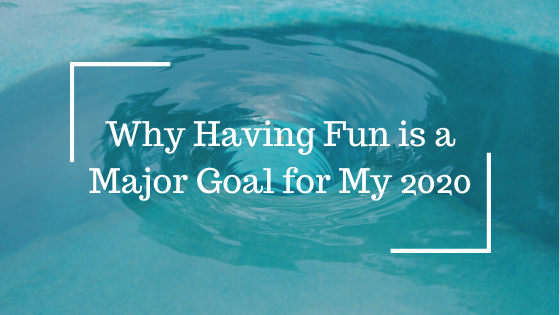Thoughts on Hedonism
- Camille Belcon
- Aug 16, 2020
- 3 min read
Updated: Apr 2, 2021

Definition: The ethical theory that pleasure (in the sense of the satisfaction of desires) is the highest good and proper aim of human life.
The above is the first definition given by Google - another definition is: The pursuit of pleasure is life's only (worthwhile) purpose.
I seriously considered hedonism as a life guide when I came to believe that religion is a corrupted tool and that our Creator, aka God, is more indifferent observer than benevolent care-taker. So if the rules of man didn't serve me and God gave me a conscience to guide me, why not explore a so-called taboo but interesting path?
Now, yes, hedonism usually dwells in the material world - as they said above "the satisfaction of desires" and that sounds right up my alley. I think of it as saturating the five senses in your favourite things, combining those sensations and then having your breath taken away. If it sounds unsustainable, it is. The unrestrained pursuit of physical pleasure is bound to lead to a quick burnout.
So I personally extended the meaning to include the pleasure of the soul and spirit. To me, this meant doing things that would grant pleasure and delight, not only in the present but in the future as well. Easy example: I could have that cake now and enjoy the sugar and chocolate or I could skip dessert and workout and feel great in some beautiful clothes. Another example: I could pursue someone in a committed relationship and have some entanglements or I could avoid potentially being the catalyst for ruining a relationship and causing heartbreak. You might argue that a true hedonist wouldn't care about the feelings of others once their own pleasure has been satiated but applying this to me, I don't anticipate getting to the place of treating people as disposable.
So, a hedonist that practices delayed gratification depending on the situation? That doesn't sound right, does it? To be completely honest, that's what a lot of people practice now. It is to a further or lesser extent, that individuals decide what is worth the delayed gratification and what is not.
Ergo, (😎) I went back to the original definition of hedonism and asked myself if I could be the type of person who sought only my own pleasure with complete disregard for any being that presented an obstacle.
Short answer: No.
I had to admit to myself that I wasn't a baddie who could dismiss the feelings of others. And make no mistake, Hedonism is bound to bring you into conflict with others and ultimately the sour that accompanies the sweet. Easy example: you see cake in the office fridge, you know you didn't put it there but eat it anyway because you're a hedonist (operating within the confines of capitalism, so you do go to work) and wanted it and so took it. The cake belonged to Yvette, who can't stand you because this is the fifth time this month you've messed with her stuff, so she and her friends key your car and blow your tyres.
My conclusion is that Hedonism is framed as attractive but is an unsustainable lifestyle. Owing to Duality, Karma, Newton's Third, etc. there will always be a consequence to single-mindedly chasing your individual pleasure. Pair that with a modern world, revolving around constant stimulation and a hedonist is sure to self-destruct in a spectacular fashion. It would probably better serve as a state of mind one consciously enters into to better indulge in intentional experiences.
The only people who can completely indulge in the lifestyle are those with the money and/or power to delay consequences catching up to them (but shhh! Let's pretend we didn't figure that part out.)
Tell me what, if any, thoughts you've had regarding applying different life philosophies, in these here peculiar times.








Comments